
 Shell plans to boost reserves
Shell plans to boost reserves
Royal Dutch/Shell Group intends to award a series of piecemeal contracts for its gas-to-liquids projects in Qatar after initial inquiries about a lump-sum pact didn't yield any decent offers, a Shell executive said.
Shell's shift illustrates how energy companies are trying to contain the impact of higher operating costs amid a ramp-up in industry activity due to high commodity prices.
Under the latest approach, Shell will pick a series of contractors that will report to a project management contractor, said Niels Fabricus, technical director for Shell's GTL project in Qatar.
The company shelved the idea of having one company handle engineering, procurement and construction, because preliminary inquiries "did not give us the hope that we would get a cost-effective contract," Fabricus said on the sidelines of an energy conference.
Shell has employed the strategy in other projects, Fabricus said, adding that the shift won't alter the timeframe of the project. Shell expects to award the contracts by the middle of 2006.
Shell has already increased the cost of the project from the $5 billion estimated in 2003. Asked if the current price-tag could rise again, Fabricus said the costs "are continually being reviewed."
Contractors have raised prices as oil companies have put more equipment and people to work. Commodities like steel have become more costly with rising demand in China.
Ali Hassan Al Sidiky, director of downstream ventures at Qatar Petroleum, said that operating costs are up 40-50 per cent compared with a few years ago.
"It's definitely not going to be the same costs we had two years ago," Al-Sidiky said in an interview.
Al Sidiky said Shell's GTL project may be affected less by inflation than some other contracts, including ExxonMobil Corp's $7 billion GTL project in Qatar, which is at an earlier stage of development. That pushes back the timeframe for ExxonMobil to award its engineering, procurement and construction work to a period for which supplies and services may be even more costly, Al-Sidiky said.
During a presentation, ExxonMobil's Charles Quinlan said ExxonMobil has spent $600 million on research and development to advance GTL technology. One key cost-savings aspect is to employ more lightweight steel, he said. Quinlan declined to comment on the impact of the tight supply market on the company's Qatar project.
ExxonMobil's GTL project, which will produce 154,000 barrels of synthetic fuel a day, is estimated to cost $7 billion.
Meanwhile, Shell may begin recording gas reserves at a $6-$7 billion project in Qatar as proven as soon as 2006, a company official said, a boost to the company's efforts to replace falling oil and gas holdings.
Shell and Qatar in February signed an agreement on the 7.8 million tonnes per year (tpy) LNG project. Oil companies cannot book reserves as proven with the US Securities and Exchange Commission until they commit to invest in a project, among other conditions.
"Timing of SEC proved-reserve booking will be dependent on timing of a final investment decision, appraisal and development well drilling, project start-up and subsequent production performance," said Gerard Paulides, a Shell investor relations official.
"These bookings are likely to be back-end loaded over the 2006-2011 time frame." Shell is seeking new projects after disclosing in 2004 that it overstated reserves for years.
The Qatar venture could help Shell's efforts to meet a goal to replace all of annual output with new reserves from 2004 to 2008, a target some analysts say is a challenge.
The Qatar project, known as Qatargas 4, would produce 1.4-bil cu ft per day of gas from Qatar's North Field, the world's largest deposit, and convert the fuel into liquid form for export to North America and Europe.
Shell holds a 30 per cent stake in the project, which adds to the 60 billion barrels of resources, or total oil and gas in the ground, that Shell outlined in a September presentation to investors.
Reserve-replacement is closely watched by investors as an indicator of an oil company's growth potential, and Shell replaced just 19 per cent of output with new reserves in 2004 based on SEC guidance, among the lowest levels in the industry.
The SEC defines proven reserves as those that can be produced with "reasonable certainty."
Meanwhile, Shell expects to take a final investment decision on the Qatar LNG project in 2006 or 2007 and for shipments to begin in 2010 to 2012, Paulides said. After the company tightened reserve-booking guidelines in 2004, the investment decision usually marks the earliest point at which Shell can record reserves as proven with the SEC.
Qatargas 4 adds to Shell's ventures in Qatar, which also include the $6 billion Pearl GTL project to covert gas into fuels such as naphtha.
The GTL venture is on schedule for a final investment decision in "early 2006" and for production to start in 2009, Paulides said.
Shell last year said the SEC would have to decide whether reserves from the GTL project, which is almost 10 times larger than any other plant now existing, can be included as proven reserves.


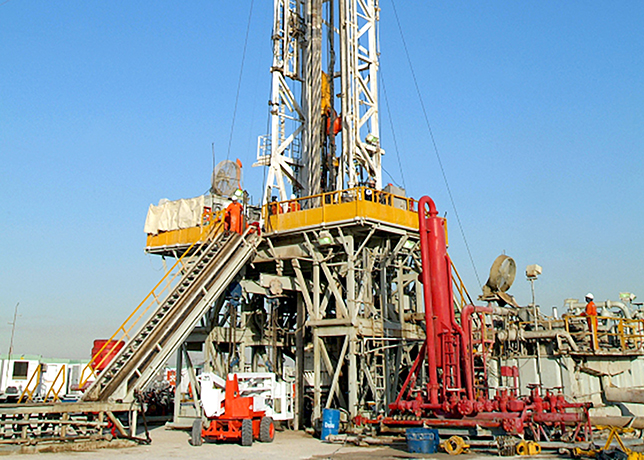
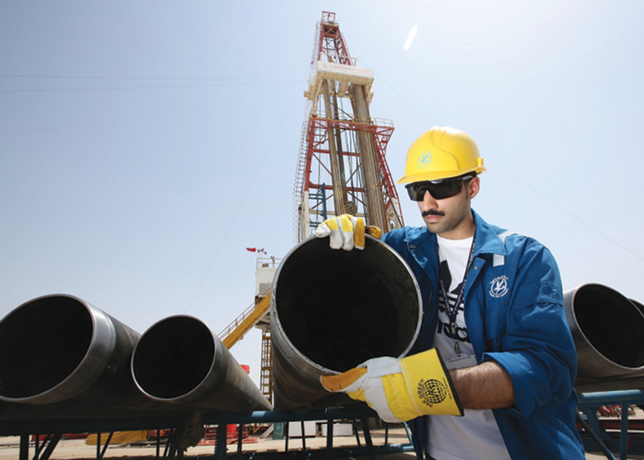
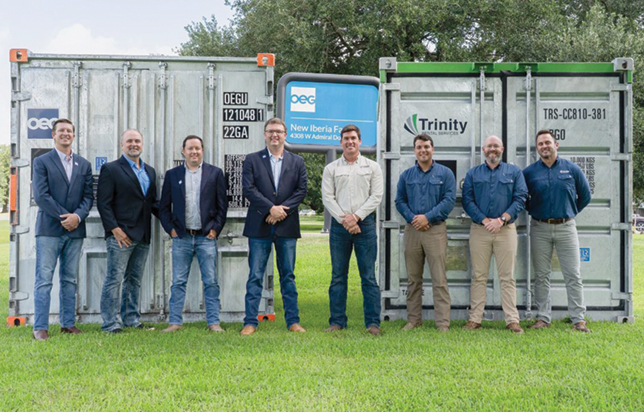

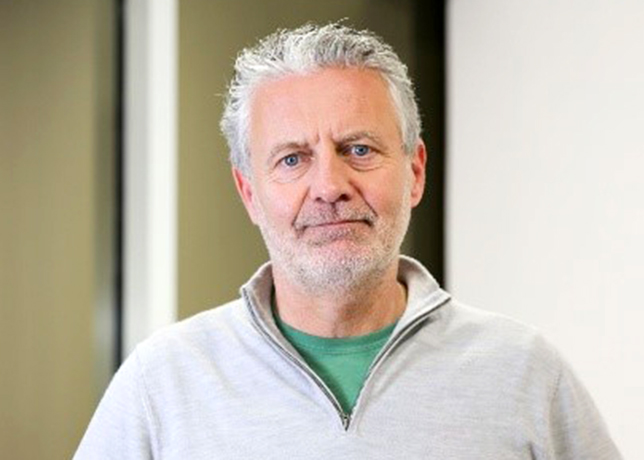

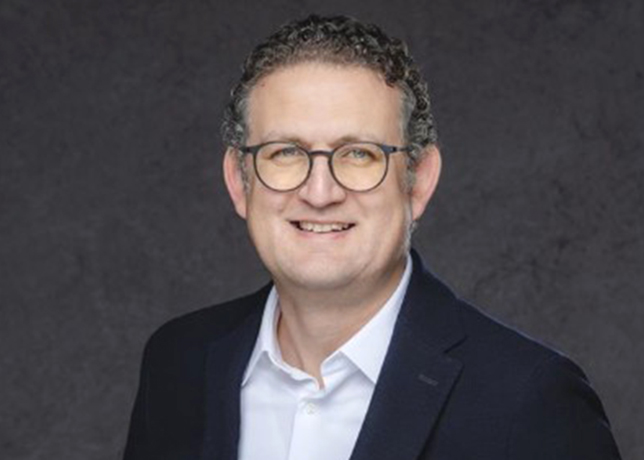




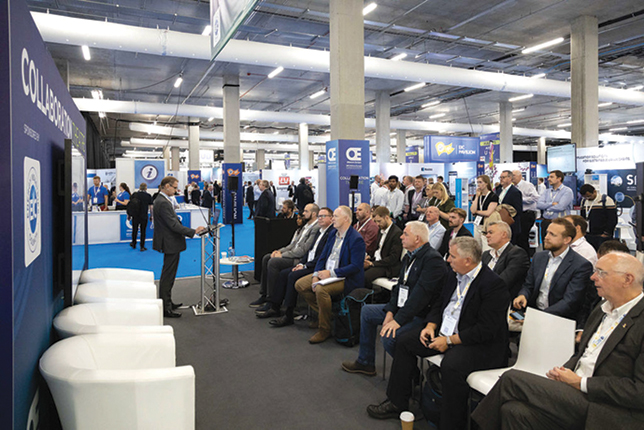
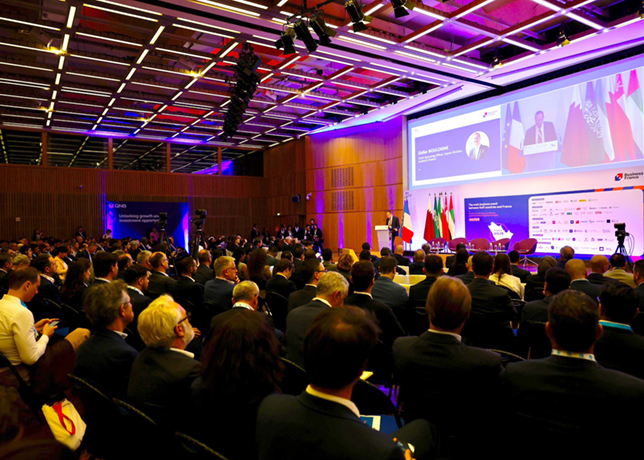
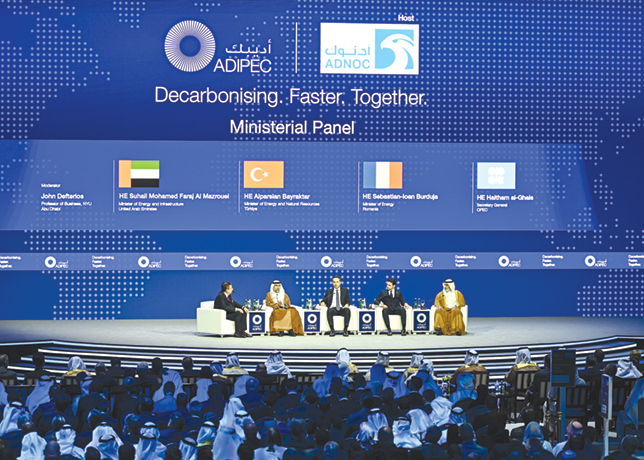


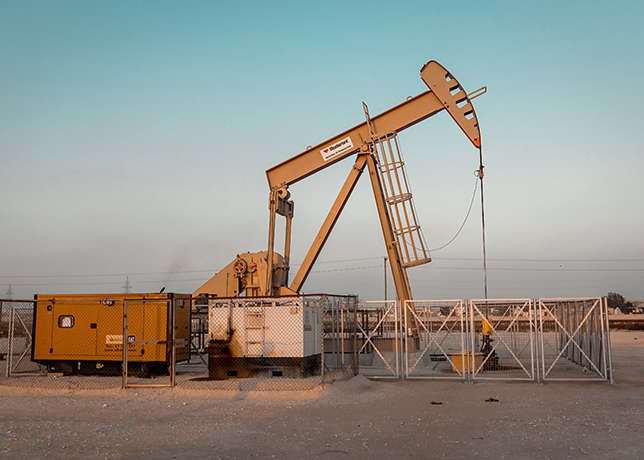



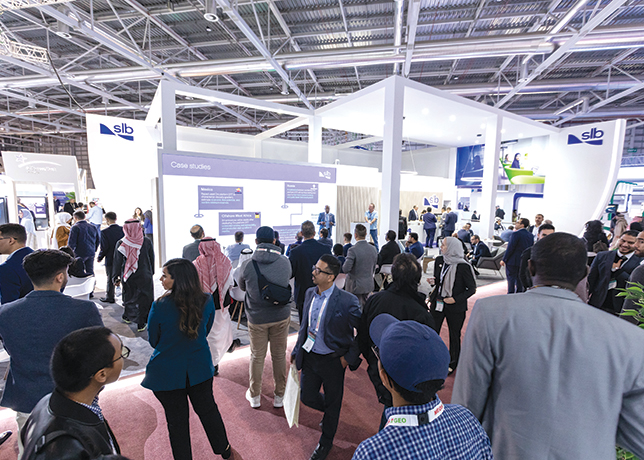
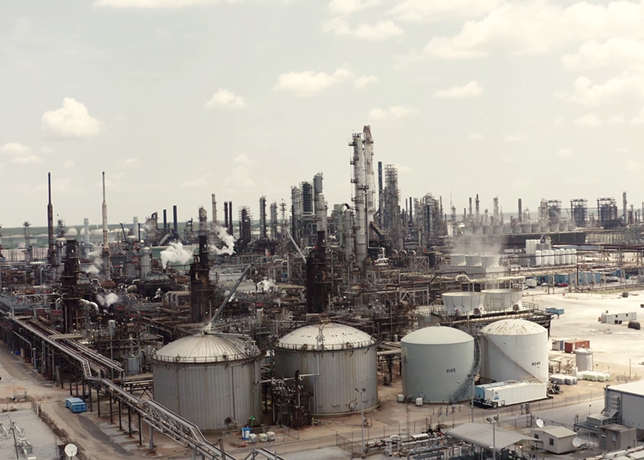
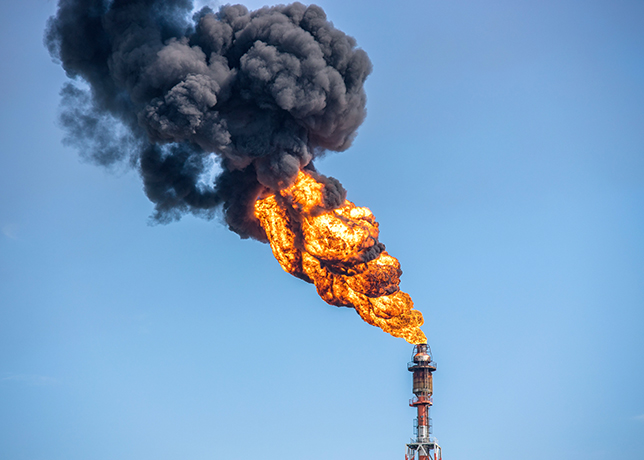
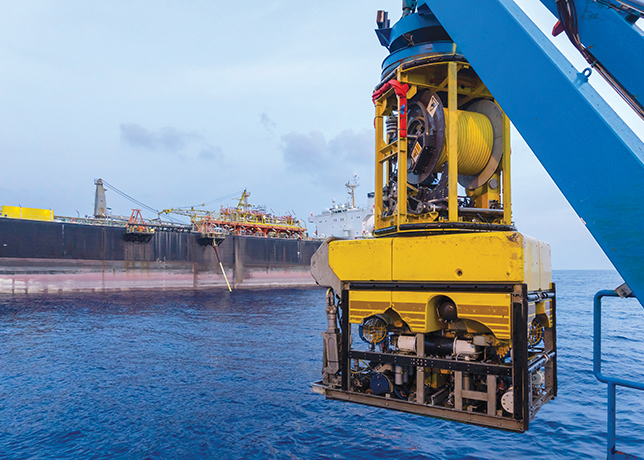
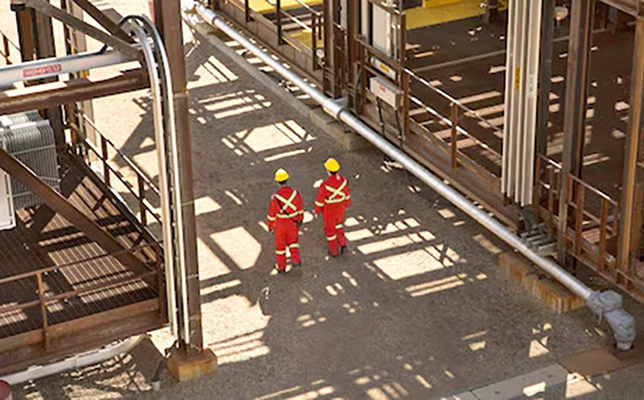
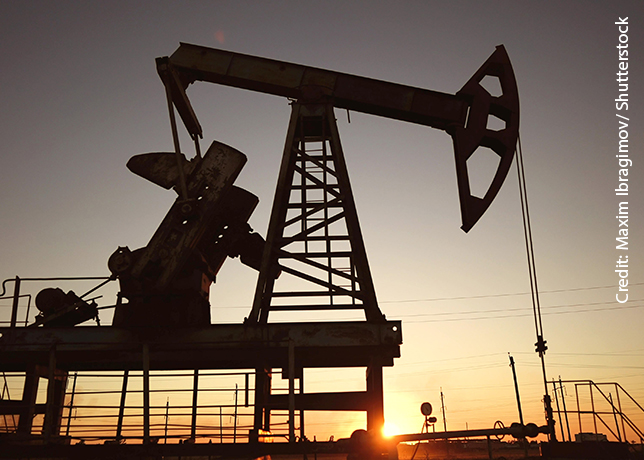
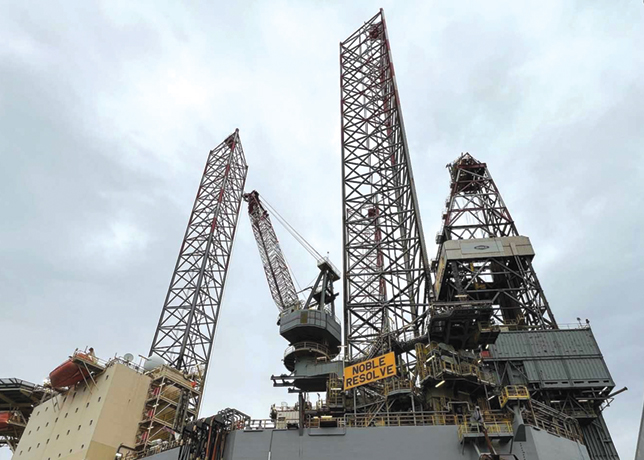
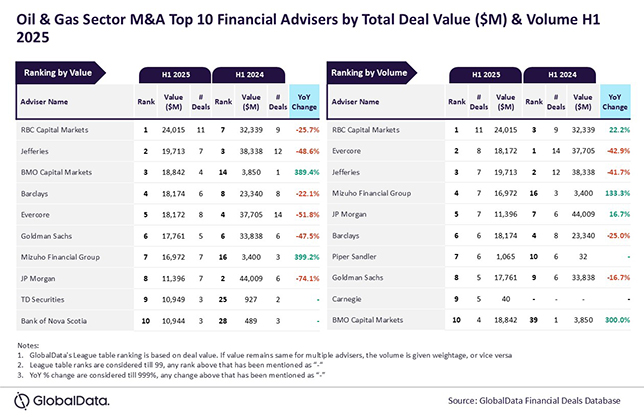
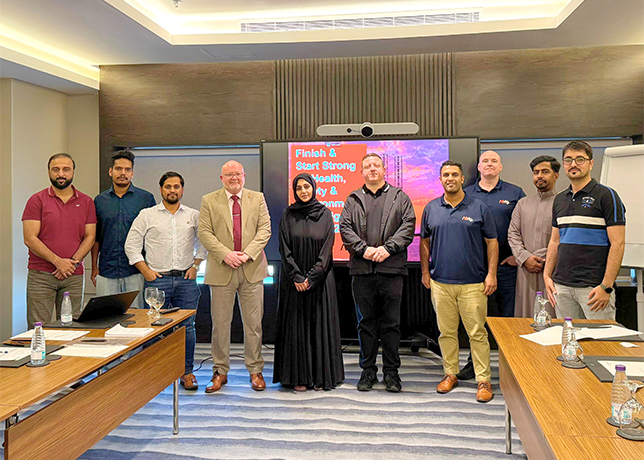
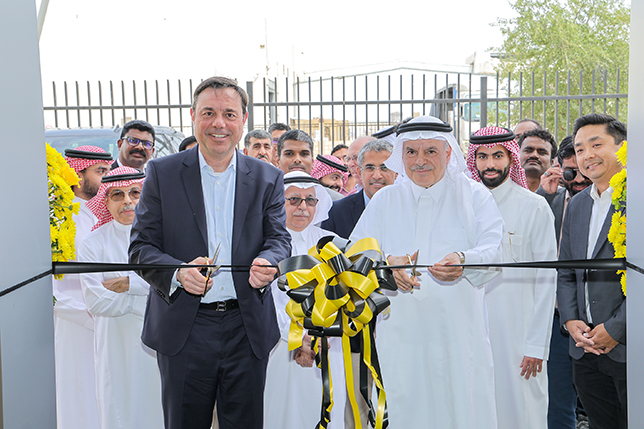
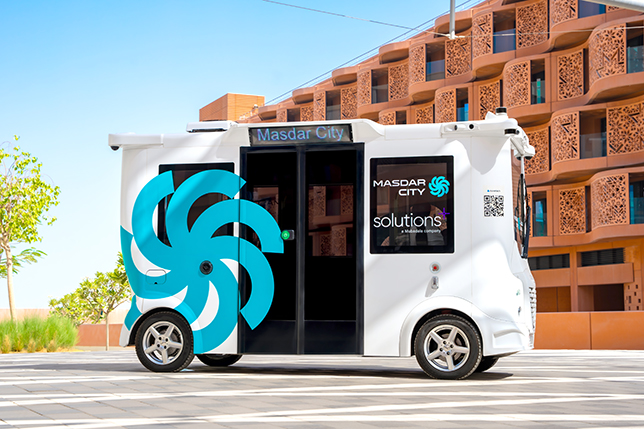
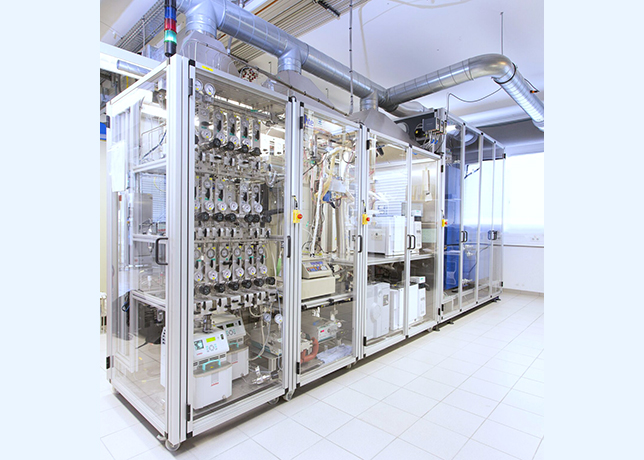
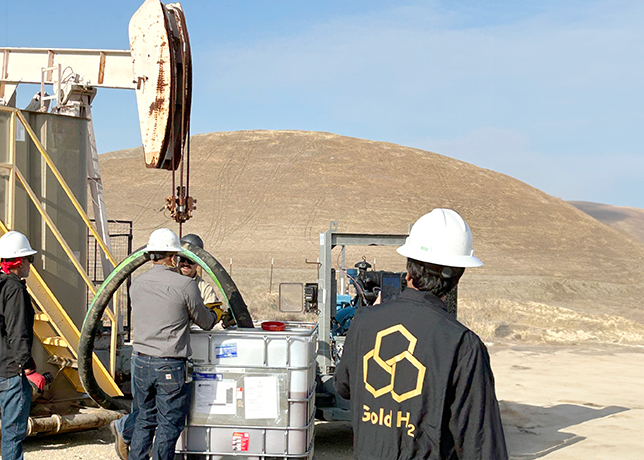

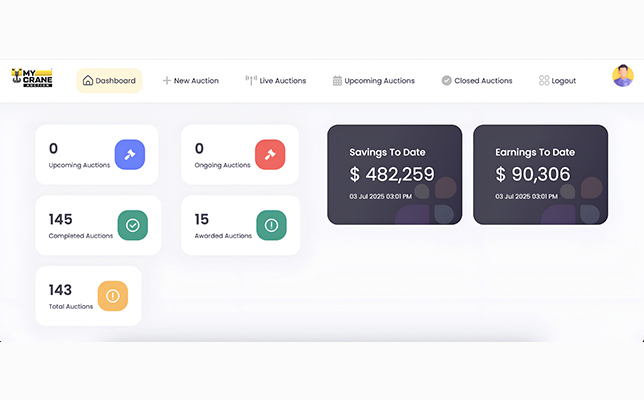
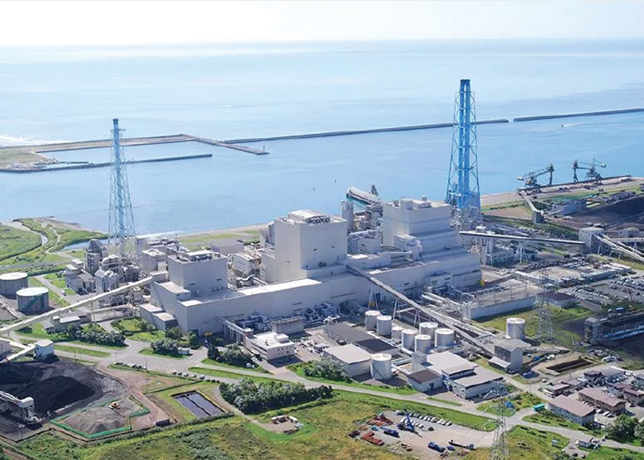
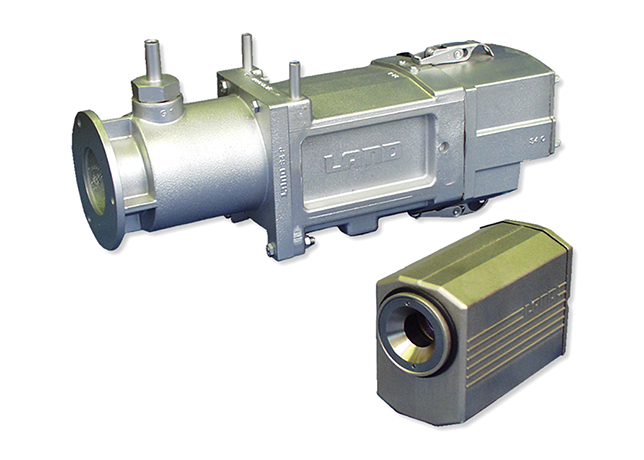
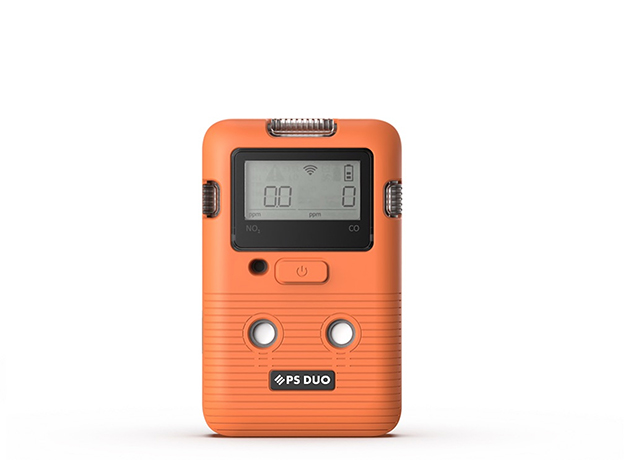
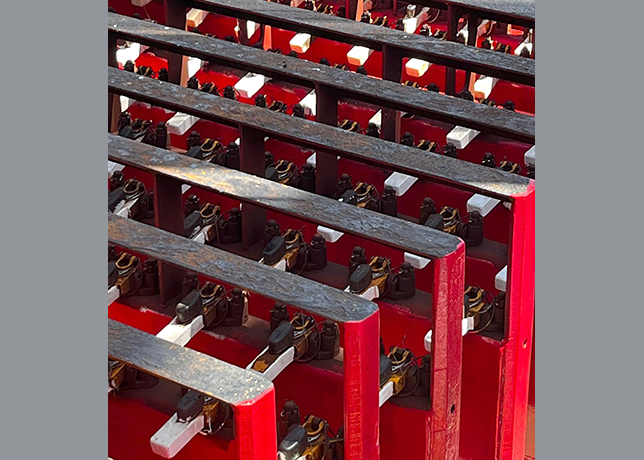
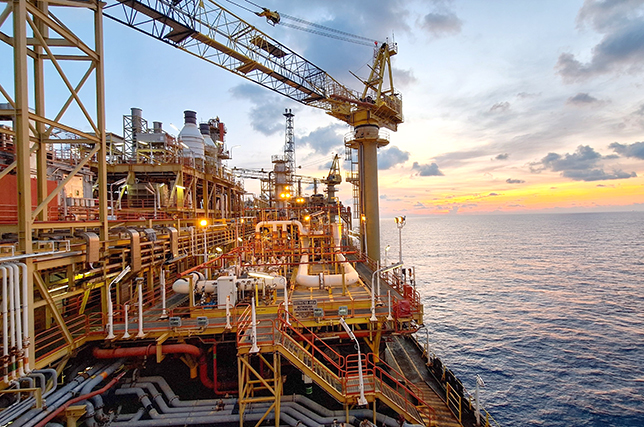

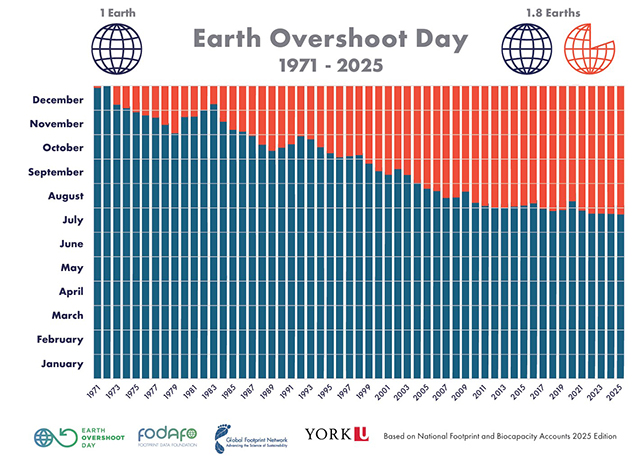
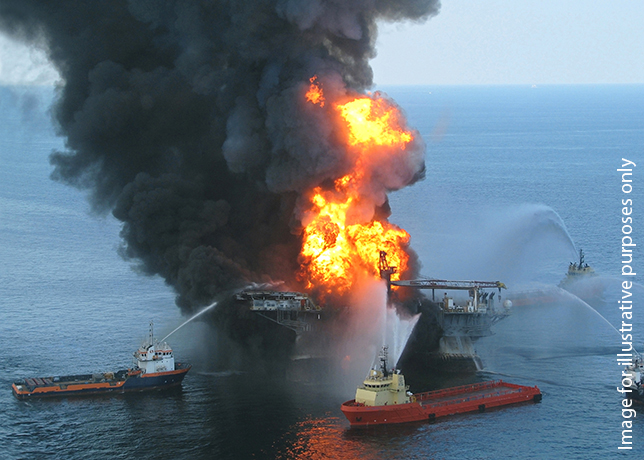
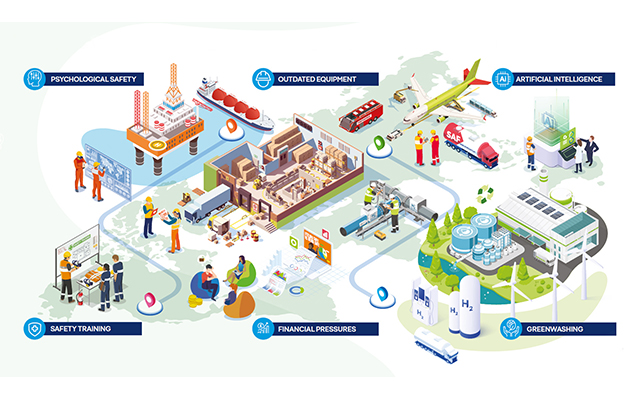
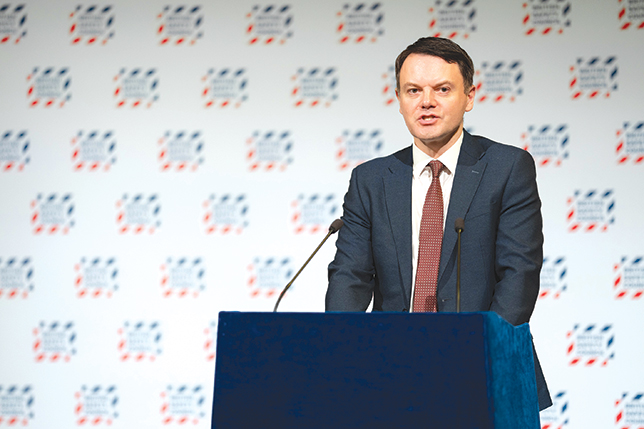
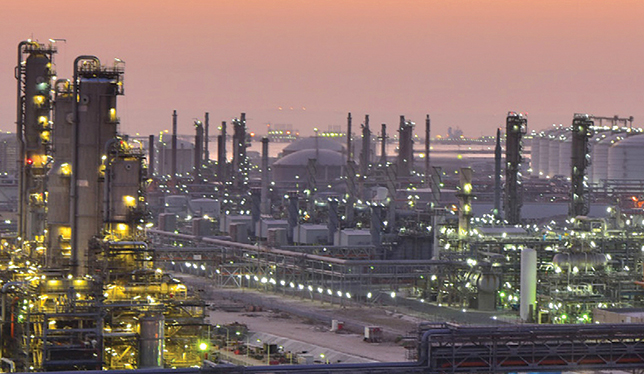
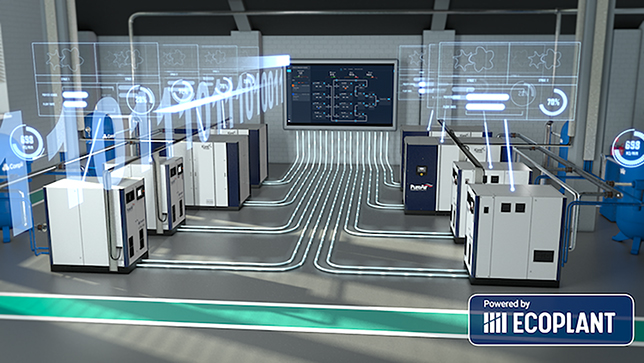
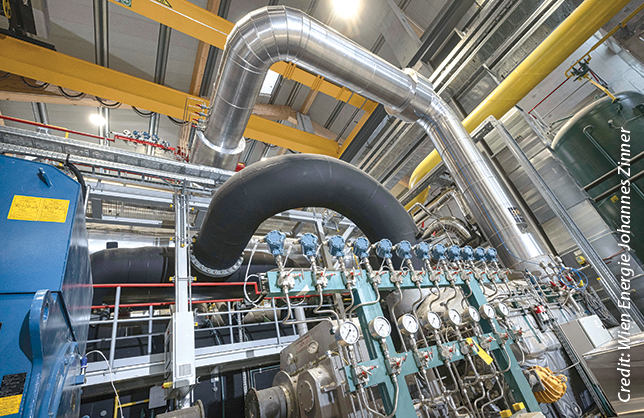
































.jpg)












